Daniel Mendelsohn's 6 all-time favorite books
The critic and essayist recommends works by Jane Austen, Charles Dickens, and more

A free daily email with the biggest news stories of the day – and the best features from TheWeek.com
You are now subscribed
Your newsletter sign-up was successful
Daniel Mendelsohn is a critic and essayist whose books include the memoirs An Odyssey and The Lost, a 2006 best-seller. His new essay collection, Ecstasy and Terror, examines touchstone works of classic and contemporary culture.
The Odyssey by Homer.

Yes, it's a pillar of the tradition, and yes, it's the first great sci-fi tale, anticipating everything from Star Trek to The Wizard of Oz. But its greatest virtue right now may be its celebration of the complexity of its hero, who is at once alluring and dangerous, charming and deadly — a useful lesson in the virtues of negative capability in the age of the "like."
The Week
Escape your echo chamber. Get the facts behind the news, plus analysis from multiple perspectives.

Sign up for The Week's Free Newsletters
From our morning news briefing to a weekly Good News Newsletter, get the best of The Week delivered directly to your inbox.
From our morning news briefing to a weekly Good News Newsletter, get the best of The Week delivered directly to your inbox.
Emma by Jane Austen (1815).
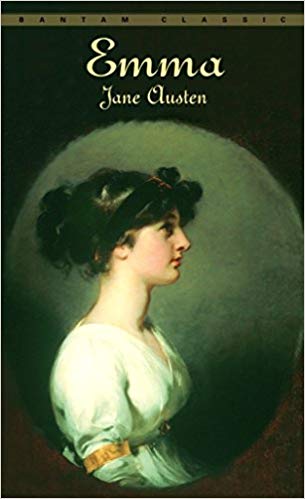
For me, the Box Hill picnic — the scene where Emma humiliates Miss Bates — is a key moment in English literature: a masterful example of how perfect command of a narrative can lead to almost unbearable emotion. It never fails to make me actually wince.
Bleak House by Charles Dickens (1853).
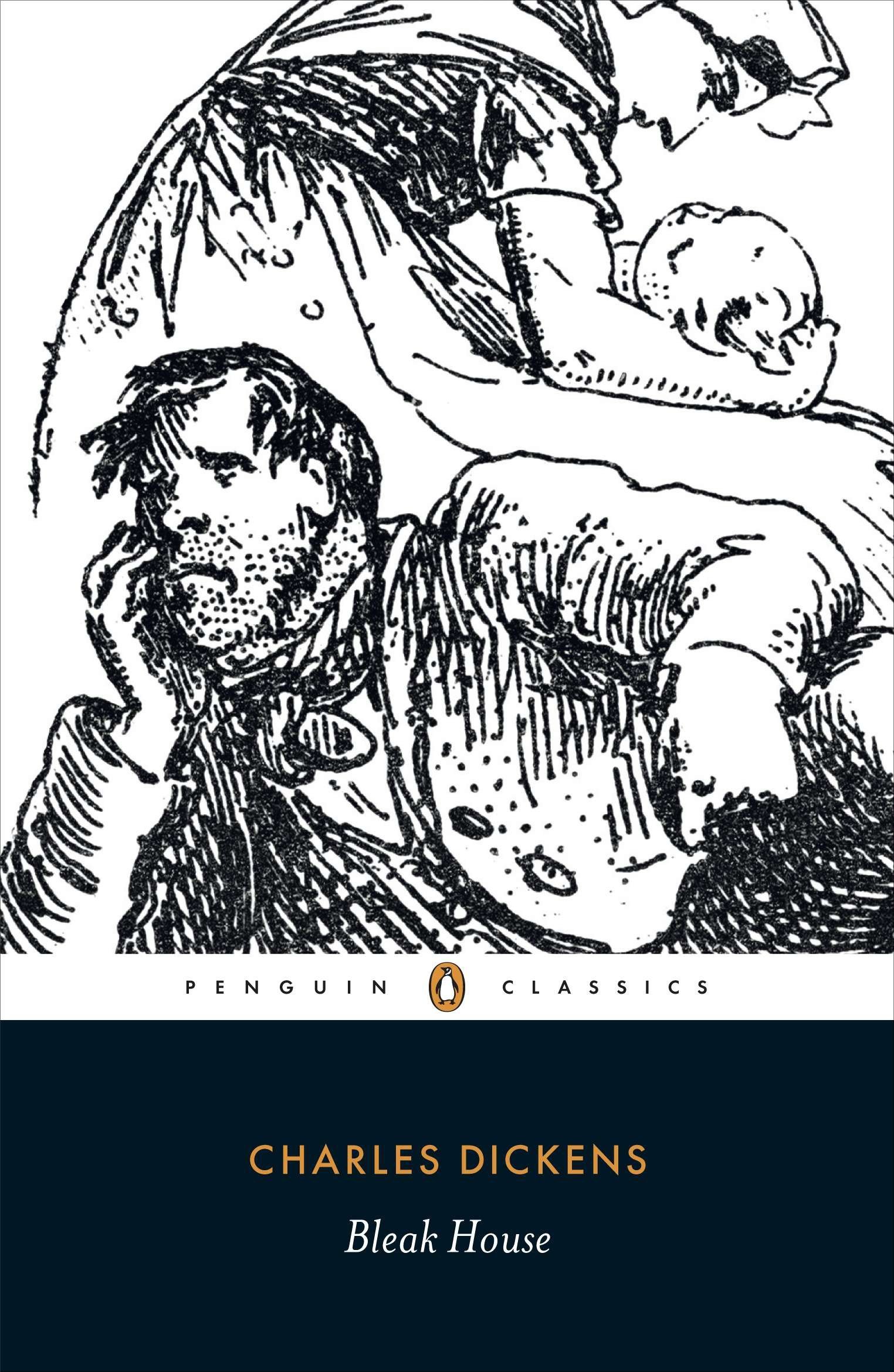
The greatest novel by our greatest novelist. Utterly overwhelming in its narrative complexity and drive, in the dazzlingly rich array of its characters, and above all in its relentless, heartbreaking autopsy of the roiling, unjust society it depicts. And the emotion! The death of Jo reduces me to tears every time.
A free daily email with the biggest news stories of the day – and the best features from TheWeek.com
The Last of the Wine by Mary Renault (1956).
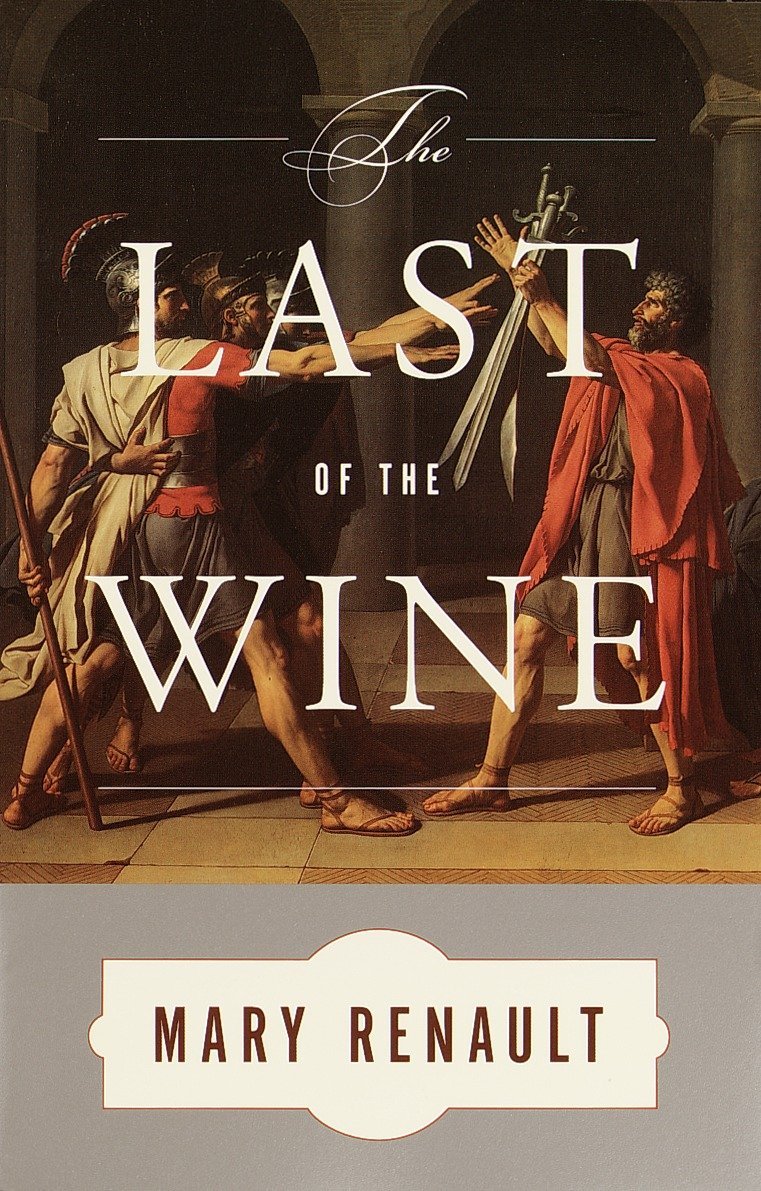
A sentimental favorite. Renault's superb novels of ancient Greece — not least, this marvelously detailed and persuasive evocation of Athens during the Peloponnesian War — were what seduced me into my love of the classics.
A Legacy by Sybille Bedford (1956).
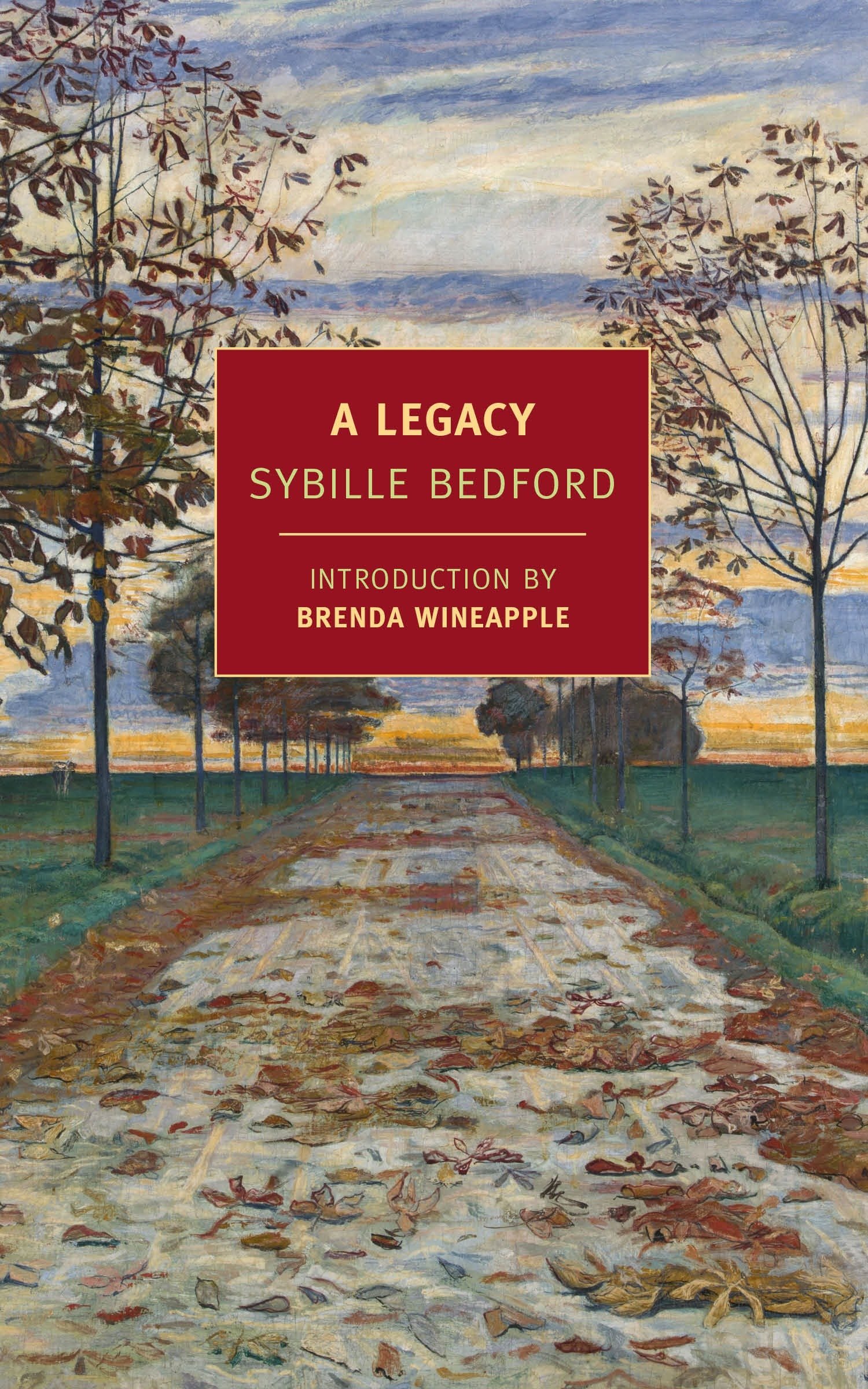
This is very much a novel for grown-ups. Subtle and cosmopolitan, it evokes the worldly milieu of Bedford's childhood — pre–World War I on the Continent — tracing the story of an ultimately fatal chain of family gaffes and social misunderstandings that could be a metaphor for the war itself.
Mimesis: The Representation of Reality in Western Literature by Erich Auerbach (1946).
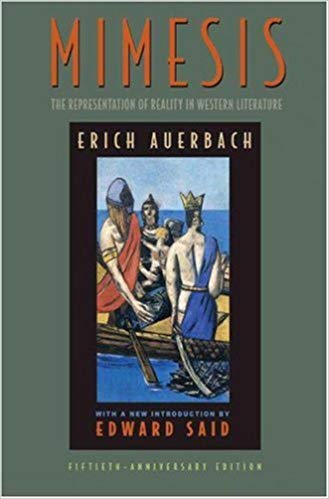
Auerbach's 20-chapter paean to Western literature — each chapter consists of a close reading of a single passage in works from the Odyssey to To the Lighthouse, analyzing how the writing makes reality feel "real" — was written, ironically, while the author lived in Istanbul, a refugee from Hitler. It remains the great model of critical analysis, married to a sweeping vision of what literature is and what it does for us.
-
 Bad Bunny’s Super Bowl: A win for unity
Bad Bunny’s Super Bowl: A win for unityFeature The global superstar's halftime show was a celebration for everyone to enjoy
-
 Book reviews: ‘Bonfire of the Murdochs’ and ‘The Typewriter and the Guillotine’
Book reviews: ‘Bonfire of the Murdochs’ and ‘The Typewriter and the Guillotine’Feature New insights into the Murdoch family’s turmoil and a renowned journalist’s time in pre-World War II Paris
-
 Witkoff and Kushner tackle Ukraine, Iran in Geneva
Witkoff and Kushner tackle Ukraine, Iran in GenevaSpeed Read Steve Witkoff and Jared Kushner held negotiations aimed at securing a nuclear deal with Iran and an end to Russia’s war in Ukraine